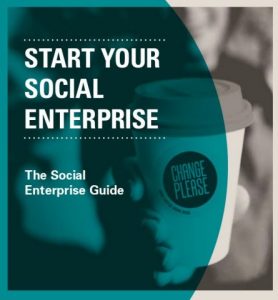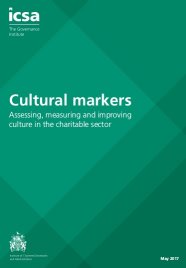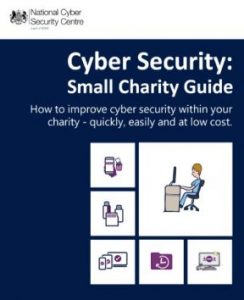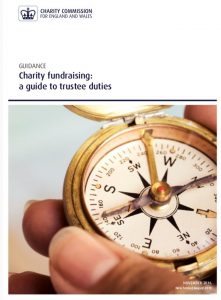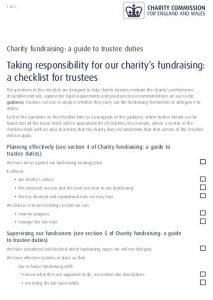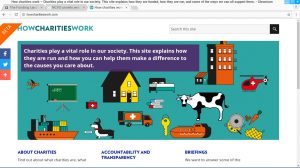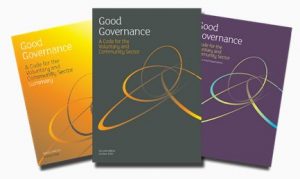Social Enterprise UK, with the support of generous sponsorship by NatWest Bank, have just published their ‘Start Your Social Enterprise’ booklet.
A featured article from our archive: still pertinent and encouraging!
This is a great primer on social enterprise, clearly laid out and packed with information for those of you about to start your SocEnt journey.
You can view, print or download a copy of this publication here (pdf).
The chapters include sections on Mission, Market and Money, as well as Marketing and Branding and the all important Business Plan.
There is also a very clear grid format page which illustrates the choices of good governance you can pursue, in order to control and support your Social Enterprise ambitions as a community.
We particularly liked the SEUK section on Looking After Yourself.
It is easy, in the whirl of excitement and drive to make things happen to forget about individual well-being in pursuit of the goal. We have repeated the sensible advice below…
”Pay yourself properly – as soon as is practically possible, pay
yourself properly; some social entrepreneurs pay other people
first in the organisation, but everyone needs to live…
Find a mentor – a mentor is someone independent outside your organisation to talk to who can provide advice and support to you; organisations like UnLtd and the School for Social Entrepreneurs will often link you to mentors as part of their support, but you may be able to identify your own…
Be part of networks – there are lots of local, regional and national groups and networks for social enterprises, from national bodies like Social Enterprise UK to the Social Enterprise Places across the country to local and regional networks like SELNET in Lancashire or SEEE in the East of England; they will often run events, send newsletters with information, and provide connections to others. (…and SocEntEastMids too…Ed).
Don’t neglect family and friends – take time out, spend time with
the people you like and love, and you will be better refreshed, more
focused and more productive when you return to the enterprise…
Keep learning – this is a fast-moving world, and there are new developments, opportunities and information to find out about; events and newsletters can help with this, as can podcasts or books on business and social enterprise…”
Source: Social Enterprise UK, Start your social enterprise, p.13 Accessed 02.08.2017
A useful addition to your basket of information when building your community business to effect change.
We recommend it as a great starting point for changing the world, or even a bit of it that starts right at your front door!
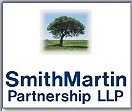
Helping community enterprise flourish

